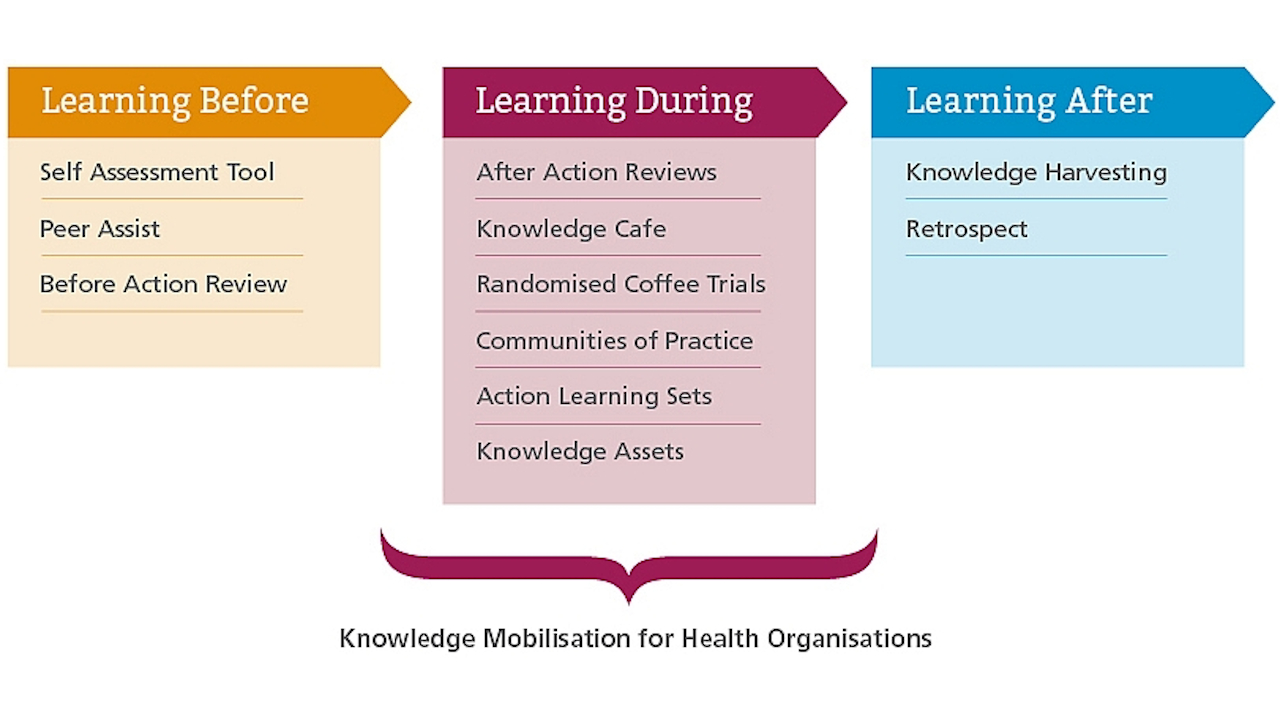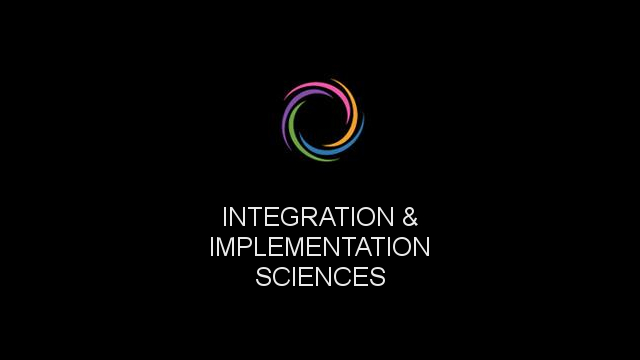
Unequal effects of the COVID-19 pandemic on scientists [Top 100 research & commentary of 2020]
This article is part 4 of a series reviewing selected papers and associated commentary from Altmetric’s list of the top 100 most discussed and shared research and commentary of 2020.
The #27 most discussed and shared article1 in Altmetric’s top 100 list for 2020 is titled “Unequal effects of the COVID-19 pandemic on scientists.”
As happened in many workplaces, the outbreak of the COVID-19 pandemic saw the widespread closure of university campuses, with staff required to work from home. The “Unequal effects of the COVID-19 pandemic on scientists” study sought to gain an insight into the impacts of these changes on scientists.
The study involved the conduct of a survey on 13 April 2020, approximately 1 month after the World Health Organization declared COVID-19 a pandemic. The researchers reached out to US- and Europe-based scientists across a wide range of institutions, career stages, and demographic backgrounds. Within a week, they received full responses from 4,535 faculty or principal investigators2.
Through the survey, the researchers solicited information about scientists’ working hours and how their time allocations had changed since the onset of the pandemic. They also asked scientists to report a wide range of individual and family characteristics (for example, field of study, career stage, demographic information, presence of partners or dependents), as these features were considered as having the potential to moderate the effects of the pandemic.
Overall, the researchers found a decline in total working hours, with the average dropping from 61 hours per week pre-pandemic to 54 hours at the time of the survey. However, the pandemic appears to have affected scientists in different ways. Although 55% reported a decline in total work hours, 27% reported no change, and 18% reported an increase in time devoted to work.
Scientists perform many different types of work: research, fundraising, teaching, as well as other tasks. Among these different types of work, time devoted to research has changed the most during the pandemic. Whereas total working hours decreased by 11% on average, time devoted to research declined by 24%. Scientists working in different disciplines were also found to have been affected unevenly, with those working in fields that tend to rely on physical laboratories and time-sensitive experiments reporting the largest declines in research time.
Female scientists and scientists with young dependents reported that they had been disproportionately affected, with their ability to devote time to their research substantially impacted. These effects appeared to be additive, with the impact most pronounced for female scientists with young dependents.
In response, the researchers made recommendations in regard to the importance of childcare provision for staff who are working from home. They alert that ‘shelter at home’ is not the same as ‘work from home’ when dependents are also at home and need care. Furthermore, the researchers state that their findings suggest that unless adequate childcare services are available, researchers with young children may continue to be affected regardless of the reopening plans of universities. Additionally, since the need to care for dependents is not unique to the scientific workforce, the study findings may also be relevant to other sectors.
What does this mean for knowledge management?
The “Unequal effects of the COVID-19 pandemic on scientists” study findings indicate that there can be negative impacts on the generation of scientific knowledge when scientists work from home. This in turn has potential consequences for the availability of knowledge for decision-making across the many sectors that use research findings. To mitigate these potential impacts, the recommendations made by the researchers in regard to the provision of childcare need to be addressed.
Beyond this, the study findings also have implications for evidence-based practice in knowledge management (KM).
The trend towards working from home is being widely promoted as an overwhelmingly positive disruption to the way in which people work. Examples of this positive hype include the following articles:
However, when a wider range of evidence than that considered in these articles is examined, the situation is found to be much less straightforward than these simple headlines suggest.
When the academic literature is searched and appraised, some studies certainly show strong positive support for working from home. For example, the key message from a study3 carried out by UNSW and CQUniversity “was the overwhelmingly positive experience of managers and employees, realising the benefits of working from home and dispelling some long-held concerns.” However, this study looked at just one sector in one country – the Australian Public Service (APS).
But, as discussed above, the “Unequal effects of the COVID-19 pandemic on scientists” study has found that for at least some in the academic sector, the experience of working from home is not at all positive. The findings of other academic research align with this. For example, a study of 11,000 employees in Canadian and Australian universities through an online survey revealed that academics are typically negative about working from home, while administrative and professional employees have had more positive experiences.
The academic literature is one of the four evidence sources for evidence-based practice. Another two of the four sources are the professional expertise of practitioners and the values and concerns of stakeholders. Searching these sources also offers support for the findings of the “Unequal effects of the COVID-19 pandemic on scientists” study. For example, ABC News Australia reported in April 2020 that “the decision to close campuses posed an unexpected challenge for those who rely on laboratories and on-site equipment to conduct their research. It did not simply halt tutorials and meetings; it paused projects that relate to a wide range of industries around Australia and the world.”
So the findings of the “Unequal effects of the COVID-19 pandemic on scientists” study also highlight the need for the KM community to look beyond the hype and make thorough evidence-based decisions.
Header image source: Standsome on Pixabay, Public Domain.
References:
- Myers, K. R., Tham, W. Y., Yin, Y., Cohodes, N., Thursby, J. G., Thursby, M. C., … & Wang, D. (2020). Unequal effects of the COVID-19 pandemic on scientists. Nature human behaviour, 4(9), 880-883. ↩
- The term principal investigator (PI) refers to the holder of an independent grant and the lead researcher for the grant project, usually in the sciences, such as a laboratory study or a clinical trial. Wikipedia, CC BY-SA 3.0. ↩
- Colley, L., & Williamson, S. (2020). Working during the Pandemic: From resistance to revolution? UNSW Canberra Public Service Research Group and CQUniversity. ↩
Also published on Medium.





